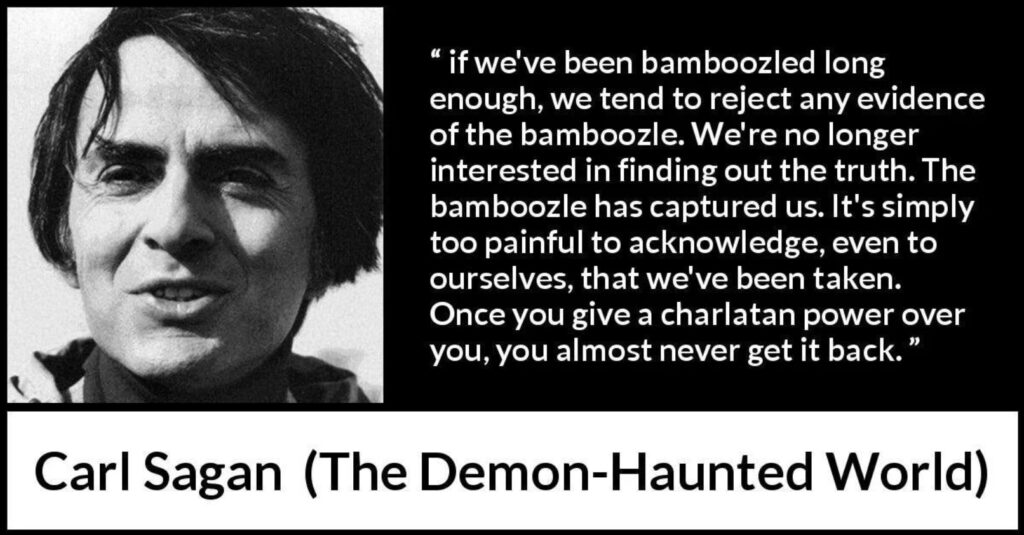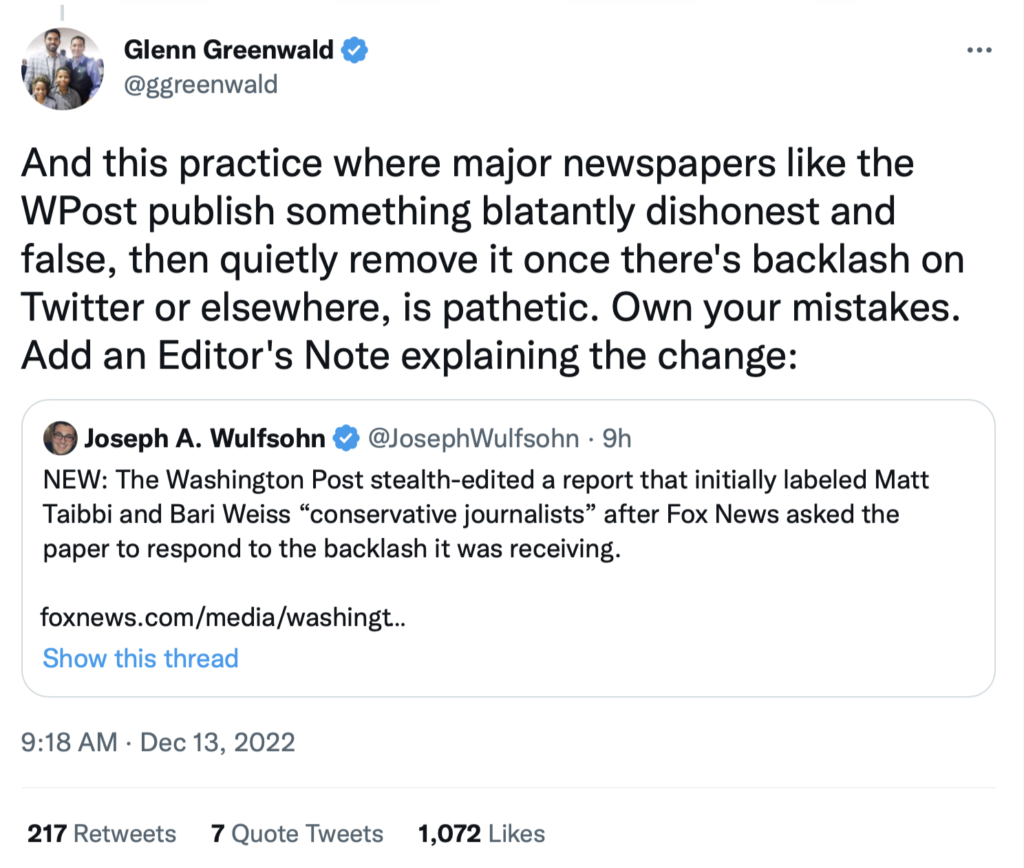Is the nearly vertical upward spike in reported cases of gender transition due, in part, to the placebo effect? Leor Sapir Reports at City Journal, "The Placebo Is the Point: A new paper highlights the fundamental bias in the world of “gender-affirming” research."
A paper published last month in the Archives of Sexual Behavior makes an important point about the environment in which “gender-affirming” drugs and surgeries are offered to minors. Positive outcomes from hormonal interventions, argues psychiatrist Alison Clayton, the article’s author, may be attributable to placebo effects generated by clinical encounters and the social context in which they take place, rather than to the underlying psychotropic effects of the drugs themselves.
Clayton’s basic intuition makes sense. If you take a teenager in emotional distress and tell her that drug X will solve her problems, while treatment Y will make them worse, and then bring her to a clinical setting where medical professionals repeat that message, it should come as no surprise that the teenager experiences emotional relief when you give her X, or distress when you give her Y—regardless of the psychotropic effects of X. The patient may regard the giving of X symbolically as adults listening to her and empathizing with her inner turmoil. “The ‘Hawthorne effect,’” writes Clayton, “describes the phenomenon where clinical trial patients’ improvements may occur because they are being observed and given special attention. A patient who is part of a study, receiving special attention, and with motivated clinicians, who are invested in the benefits of the treatment under study, is likely to have higher expectations of therapeutic benefits.”
It is indeed the case that promoters of “gender-affirming care” have created what Clayton calls “a perfect storm for the placebo effect.” In the left-of-center media, puberty-blockers, cross-sex hormones and (less frequently) surgeries are hailed as “medically necessary” and suicide-preventing measures for teens in distress, supposedly over having been wrongly “assigned” their sex at birth. Skeptics of these interventions are denounced as cruel deniers of life-saving medicine to youth at high risk of suicide. Meantime, alternatives to drugs and surgeries (e.g., psychotherapy) are denigrated as harmful “conversion therapy,” setting the stage for a nocebo (harmful) effect on those who receive psychotherapy but not drugs.
From the viewpoint of those who have become intensely interested in treating dysphoria medically (rather than the "watch and see" method), many have uttered the phrase "Munchausen syndrome by proxy," which is "a mental illness and a form of child abuse. The caretaker of a child, most often a mother, either makes up fake symptoms or causes real symptoms to make it look like the child is sick."
Biologist Colin Wright has been observing various parent groups. His observations give credence to that concern.


